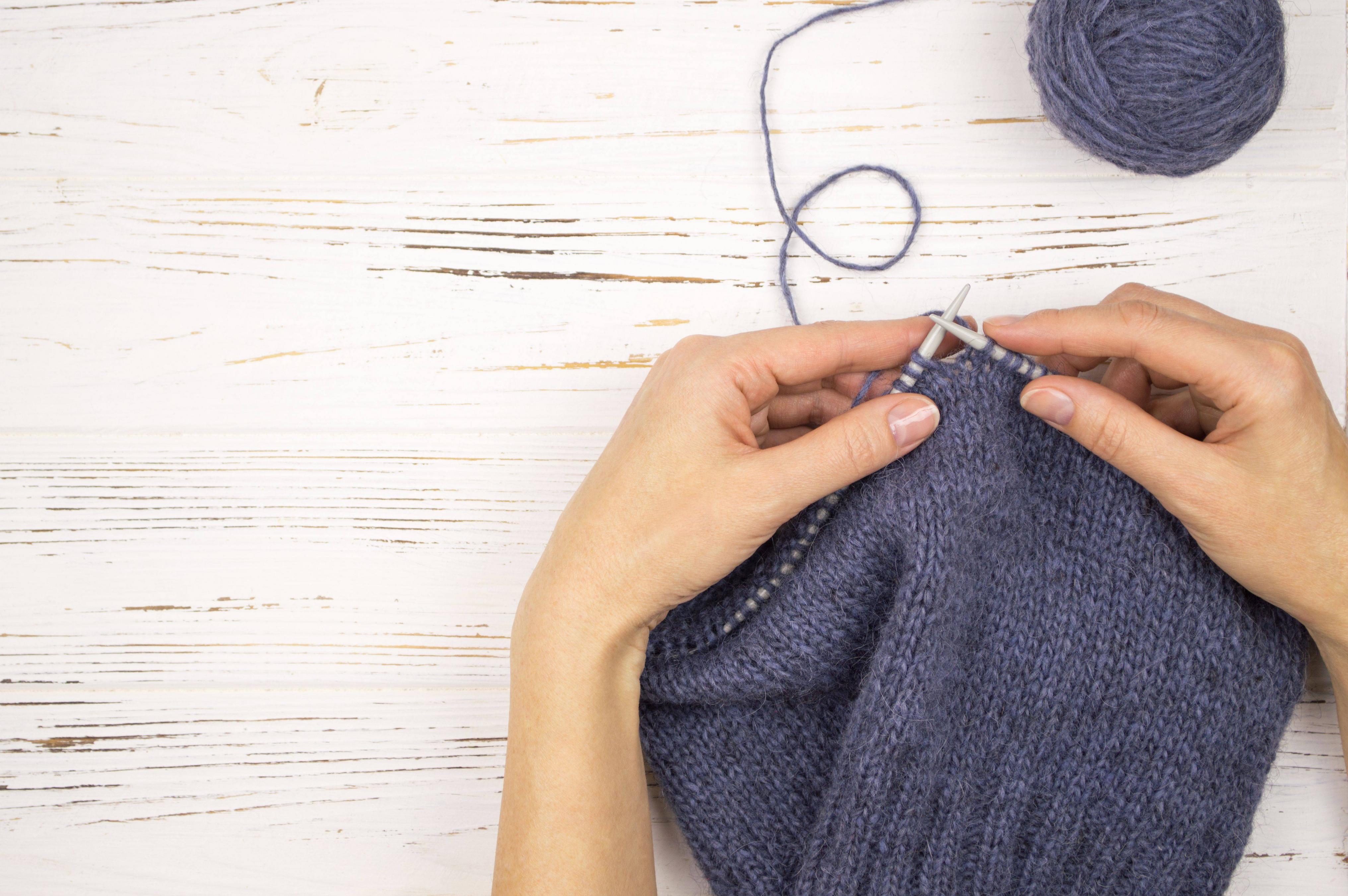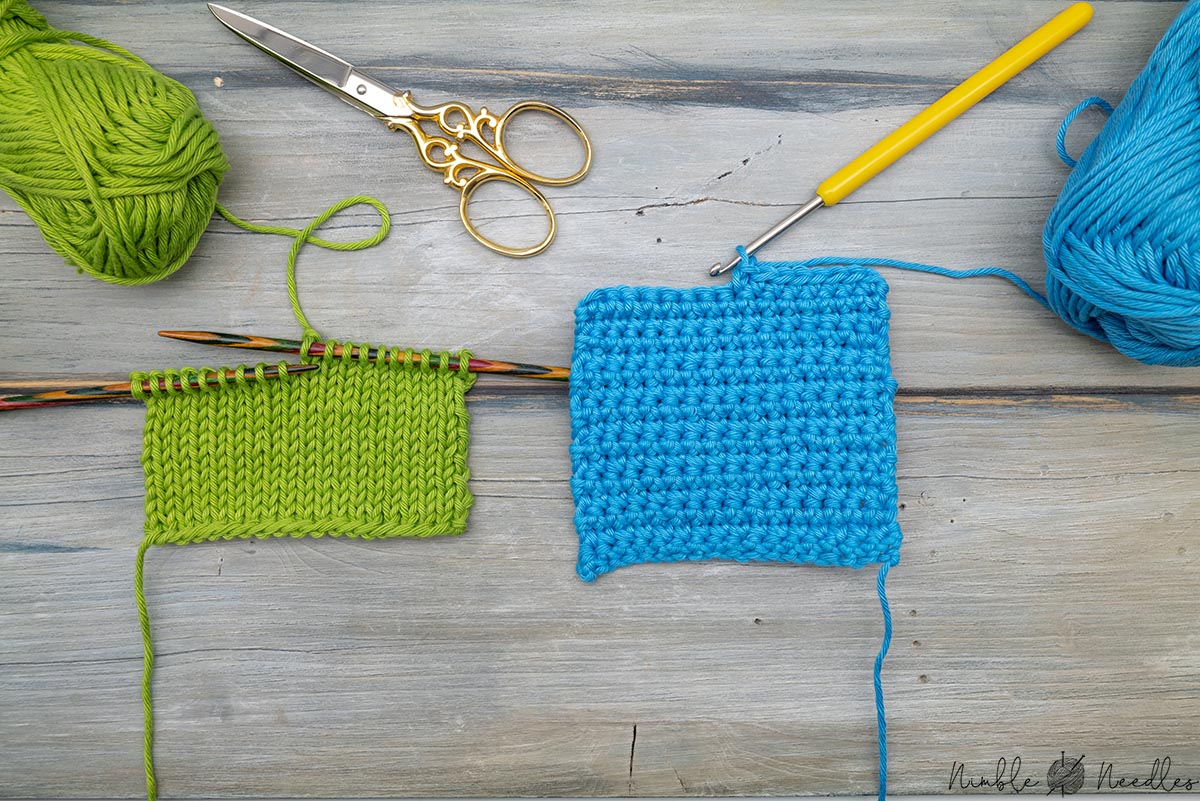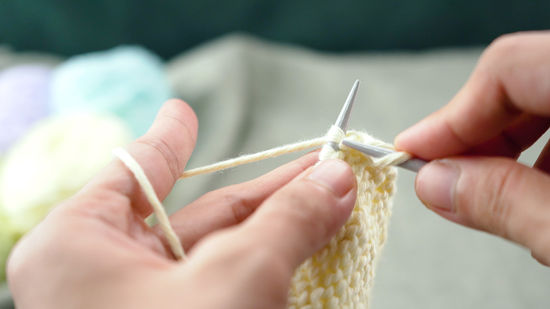
There are many ways for the art quilt lover to express her creativity in quilting. This show will showcase innovative techniques for creating art quilts. It also examines various design and art concepts for quilts. Each episode features a short feature on a theme or concept, as well as digital segments. These segments showcase different techniques, such as frameless screening and fabric marbling using stencils.
Art quilts
Art quilts, which use textiles as artistic mediums, are a way to express creativity. While not "fine art," quilts can be an exciting form and very beautiful. Quilts can have many layers and can incorporate any number of processes. They can be made from photographs, or they may include applique, lace or other complex cloth processing.

Studio Art Quilt Associates
Studio Art Quilt Associates is a prominent advocacy group for art quilts. It is located in Hebron Connecticut.
Studio Art Quilt Association
Studio Art Quilt Association, (SAQA), the premier non-profit advocacy organisation for art quilts, is the best. The group is based at Hebron in Connecticut and is dedicated towards preserving art quilts.
Art quilt techniques
There are many techniques that can be used to make art quilts. Some artists use traditional quilting techniques while others use contemporary methods to tell a story. There are no right or wrong ways to create abstract art. The lack of structure is often the hardest part about creating abstract art. This requires practice and patience, and can be intimidating to some people.
Inspiration for art quilts
Many art quilts use images from nature. Most artists draw inspiration from nature. They are also observant and have a keen sense of detail. You can find inspiration in the forms and patterns of gardens, cities, unusual motifs, or architecture. For example, fiber artist Jane LaFazio develops her observational skills through painting, sketching, and art journaling. She has a keen eye for mixing textures, especially when creating mixed-media quilts.

The Best of Quilting Arts
Interweave Press has compiled the Best of Quilting Arts, a collection of the most inspiring articles from Quilting Arts magazine over a decade. These articles offer inspiration and innovative techniques for art quilts. You will also find illustrated instructions and guest artists in the collection.
FAQ
Is it possible make a living from a hobby?
Not necessarily.
However, if you're interested in creating a business based on your hobby, then you could definitely end up being wealthy.
Let's suppose you enjoy cooking. You love healthy food so you open a new restaurant.
You serve only organic meals made from scratch and charge customers a small fee to cover the costs of ingredients and labor.
You will eventually be able to grow your client base and hire people who are willing to work with you.
You will eventually be able to expand your menu with vegan options and gluten-free choices, as well as desserts.
In this situation, you have a successful business which has allowed you the freedom to lead the lifestyle that you want.
This doesn't mean that you have to give up your job.
You could also run your restaurant, while still maintaining your 9-5 job.
What are educational hobbies?
An educational hobby is a activity that allows you to learn by doing it. It could be anything from playing sports to learning how to play an instrument.
It should be enjoyable and have fun. You don't have to do it all the time, but if you find yourself getting bored, then you need to think about what else you could be doing instead.
Also, you need to be careful not to spend too much on these activities. They can end up costing more than you think.
Where can you find free resources that teach more about hobbies and interests?
There are tons of websites devoted to helping people discover new hobbies.
Here are some favorites of ours:
www.trythisathome.com - This site provides a list of over 100 different hobbies. It also provides information on how to get started in each one.
www.hobbyfinders.org -- This site provides a searchable database of thousands upon thousands of hobbies that you can browse by skill level, location and interest.
www.indiebazaar.co.uk - IndieBazaar is an online marketplace designed specifically for independent artists and musicians. This site offers hundreds of products, ranging from artwork and music gear.
www.pinterest.com/explore/hobbies - Pinterest is a social media network that lets users "pin" images they find interesting onto their boards. Users can create boards to group things that they like into certain categories.
www.reddit.com/r/Hobbies Reddit allows users to share links to articles, videos and other content on their social media platforms. Voting allows users to vote for the most valuable posts.
What is a hobby that kids can do?
Hobby for children is anything they enjoy doing outside of work. You might find them interested in drawing, building things, painting, writing stories, playing with toys, listening to music, reading books, watching TV, and playing computer games. They may also like to play soccer, football, basketball, cricket, rugby, baseball, and hockey.
Many parents worry that their kids will get into trouble when they're free to do what they want. This is not necessarily true. If your child is safe and doesn't cause harm to themselves or anyone else, they won't get into trouble.
It is important to keep in mind that just because someone likes something, doesn't mean they will choose it every time. If they dislike writing but enjoy drawing pictures, they might opt to draw pictures.
There are many types of hobbies. It's up to you to choose one that you really enjoy.
Statistics
- Almost 80% of people claim to have no hobby. (hobbylark.com)
- A new survey by Pew Research Center of teens ages 13 to 17 finds that 36% of girls feel tense or nervous about their day every day; 23% of boys say the same. (pewresearch.org)
- Much of this decline reflects the fact that teens are less likely to work today than in the past; among employed teens, the amount of time spent working is not much different now than it was around 2005. (pewresearch.org)
- This 100% accurate personality-analyzing hobby quiz discovers your passion based on your characteristics. (quizexpo.com)
- The intensity of the dialogue partners' bond at the end of the forty-five-minute vulnerability interaction was rated as closer than the closest relationship in the lives of 30 percent of similar students. (time.com)
External Links
How To
How to Learn a Musical Instrument
There are many ways you can learn to play music. You could go to a school or buy a book. You could also take lessons from an experienced musician, watch videos online, and so on. If you are determined to learn on your own, these tips and tricks might be helpful.
-
Find something that interests your interest. If you don’t like any of these instruments, you can always try another. If you don’t enjoy playing an instrument it will be hard for you to get into it.
-
Be patient. Learning anything new takes some time. Expect to not be able master all things immediately. Instead, keep practicing every day.
-
Practice regularly. You can do this even when it is hard. This will ensure that your memory doesn't fade.
-
Choose a good place to practice. Ideal is a quiet area where you don't have to disturb anyone else. Also, make sure that there aren't too many distractions. Also, don't let loud music play near your home.
-
Have fun. Music is meant for enjoyment. You should have fun practicing music. Being happy will inspire you to keep practicing.
-
Set goals. You will know what you need to do if you have goals. Therefore, you will have no excuse for failing.
-
Keep track of how you are doing. Note down your successes and mistakes. This will help you to improve your performance over time.
-
Pause. Sometimes it is enough to just stop and think. Taking breaks will give you time to think about things.
-
Ask questions. If you have any questions or doubts about the instrument, ask other people. They may be able to help you out.
-
Learn by listening. Many musicians enjoy listening to their favorite songs and trying to imitate them. This helps them understand the basic concepts behind the song.
-
Read books. You will learn more from reading books than you can by watching videos or attending classes. Books can also provide information that is not available elsewhere.
-
Join a group. Playing with others will force you to practice more. Plus, it will be easier to meet people with similar interests.
-
Take a look at tutorials. Tutorials are short videos that give detailed information on a topic. These videos typically focus on one aspect of the instrument. These tutorials will help you to understand the more difficult parts.
-
Explore different learning methods. Some prefer to learn by listening, while others prefer reading. Keep trying until you find your preferred method.
-
Practice makes perfect. There is no way to be an expert overnight. Instead, you must put in lots of effort before becoming skilled enough to perform well.
-
You can learn from other musicians. Listening to other people play their favorite songs can help you learn faster.